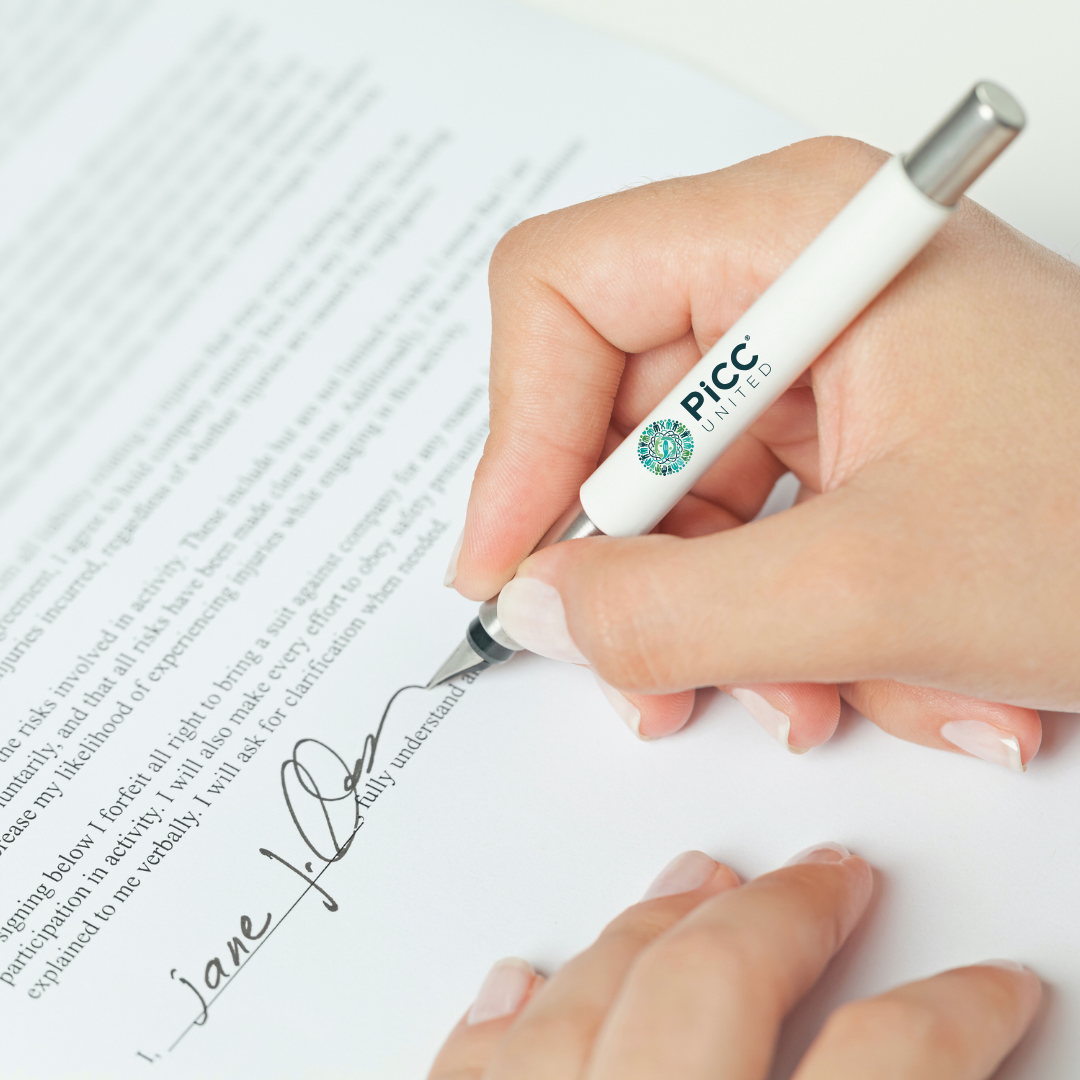Key elements of a involvement contract - What should you be aware of?

What should you be aware of?
When involving in research or healthcare projects, it is crucial that the contract is clearly defined and contains several key elements. This ensures that both you and the involving organisation (e.g. a hospital, research institution or pharmaceutical company) have clear expectations and protections in place.
A Contract Ensures
A contract ensures that both parties have clear expectations and protections, and it considers the specific needs and risks that may arise from your involvement. It is important that you also consult with legal counsel to ensure they fully understand the terms of the contract, including their own responsibilities for insurance.
Here are some key points what your contract should include or what you should be aware of:
Names and contact details of all parties involved in the agreement, including you, the representative (if applicable), and the organisation responsible for your involvement.
Make sure it’s clear what your role as a you advocate entails and what purpose the organisation has for your participation.
A clear description of the purpose of the involvement, including what you contribution will be (e.g. participation in meetings, workshops, interviews, feedback on materials, etc.)
Description of how you input will be used and to what extent their feedback will influence decision-making processes.
A detailed description of the tasks and the expected contributions from the you.
A timeline of the activities, including start and end dates, and expected time commitment.
Commitments: It’s important to have a clear understanding of how long the collaboration will last and what specific tasks and expectations there are for your involvement.
Details of any payment or honorarium for your participation, including rates and payment plans.
Reimbursement of expenses, such as transport, meals or other costs that may arise during your participation.
Confidentiality agreements where the you agrees to keep certain information confidential.
Details of data management, including how the personal information will be protected, who has access to that information, and how data will be used and stored.
Make sure there are clear agreements on the handling of personal
An insurance clause describing whether and how you is covered by insurance in relation to their participation.
Limitations of liability for both parties, which may include responsibility for any damage or loss that you may incur during the activities.
You own responsibility to ensure that they are insured, including health insurance or other relevant insurance, in connection with their participation.
A provision on how you or organisation can terminate the contract and under what conditions.
Clear guidelines on what happens in case of an early termination of the contract, including compensation for the care already provided.
Clear guidelines for informed consent, outlining what you agree to by participating and how they can withdraw their consent.
Ethical considerations, especially if you have to share sensitive information or participate in discussions on topics that may be emotionally challenging.
A good contract should also consider ethical guidelines and clarify who is responsible in different situations.
Procedures for how any conflicts or complaints are handled, including options for mediation or other conflict resolution.
A clause that establishes which law governs the contract and which jurisdiction will be responsible in case of legal disputes.
Safe and well-informed
A well-crafted contract ensures that all parties feel safe and well-informed. By being aware of these elements, you as a you can ensure that your participation in a project is done in a fair and transparent way.

